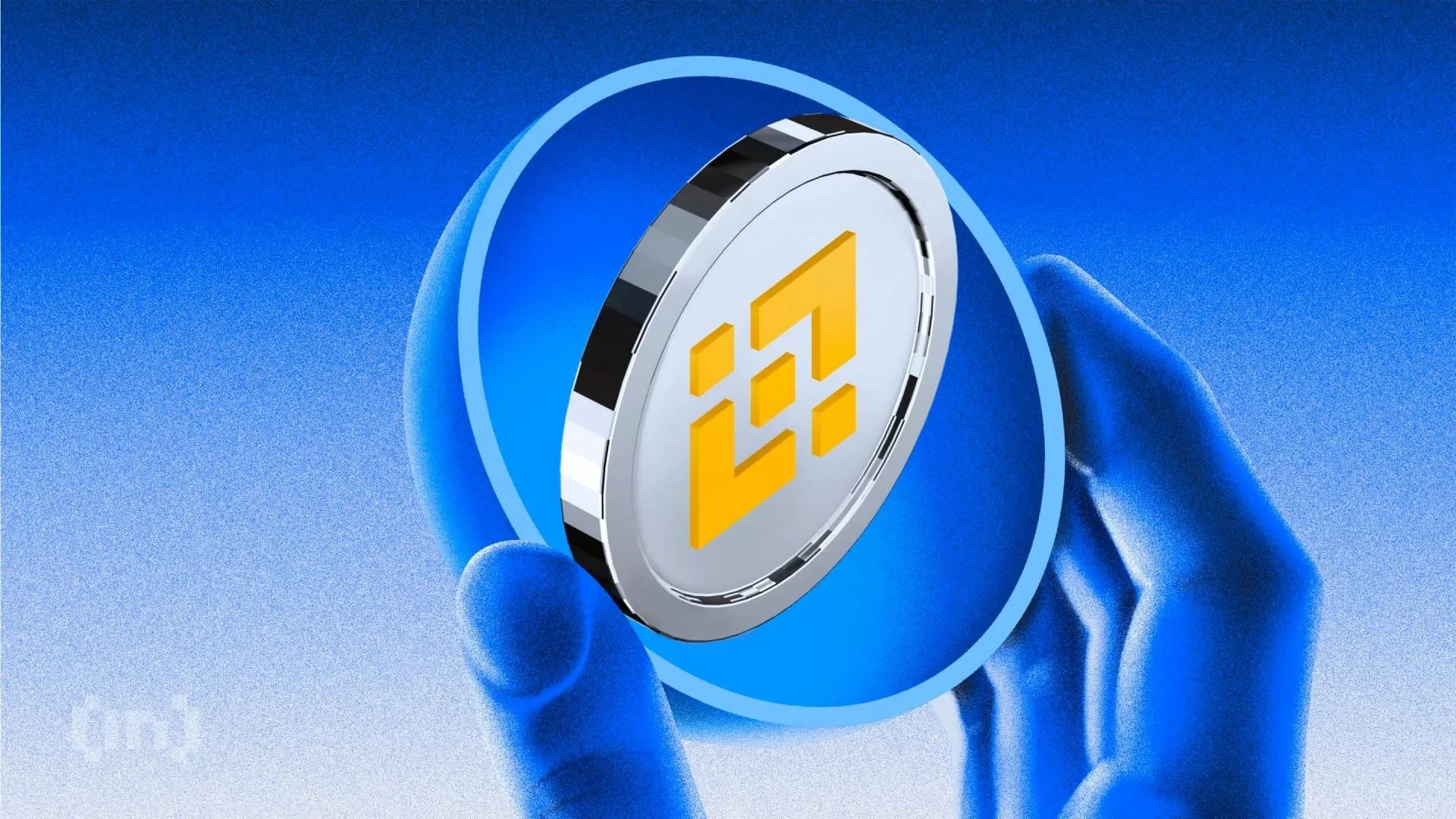In today’s rapidly evolving digital landscape, data security is paramount. Traditional cryptographic methods are increasingly threatened by the advent of powerful quantum computers. Quantum cryptography emerges as a groundbreaking solution, leveraging the principles of quantum mechanics to ensure unbreakable data encryption.
What is Quantum Cryptography?
Содержание статьи:
Quantum cryptography, also known as quantum key distribution (QKD), is a method of securing data transmission using the principles of quantum mechanics. Unlike classical cryptography, which relies on mathematical algorithms, QKD utilizes the properties of quantum particles, such as photons, to generate and distribute encryption keys. This approach offers a level of security that is theoretically impossible to breach without detection.
Key Principles of Quantum Cryptography:
- Quantum Superposition: Photons can exist in multiple states simultaneously.
- Quantum Entanglement: Two or more particles become linked, regardless of the distance separating them.
- No-Cloning Theorem: It is impossible to create an identical copy of an unknown quantum state.
- Measurement Disturbance: Any attempt to measure a quantum system inevitably alters it.
How Quantum Key Distribution Works
QKD protocols, such as BB84 (developed by Bennett and Brassard in 1984), involve transmitting photons polarized in different directions to represent binary bits (0s and 1s). The sender (Alice) encodes the key, and the receiver (Bob) measures the photons. Any eavesdropping attempt (by Eve) will inevitably disturb the quantum state of the photons, alerting Alice and Bob to the presence of an intruder. This allows them to discard the compromised key and generate a new one. The laws of physics guarantee that it’s impossible to copy data encoded in a quantum state without detection.
Advantages of Quantum Cryptography
- Unbreakable Security: Based on the fundamental laws of physics, making it immune to computational advancements.
- Detection of Eavesdropping: Any attempt to intercept the key is detectable, ensuring the integrity of the communication.
- Future-Proof: Resistant to attacks from future quantum computers, unlike classical encryption methods.
Applications and Future Prospects
Quantum cryptography is poised to revolutionize data security across various sectors, including:
- Financial Institutions: Protecting sensitive financial data and transactions.
- Government and Defense: Securing classified information and communications.
- Healthcare: Ensuring the privacy of patient records and medical data.
- Critical Infrastructure: Safeguarding essential systems and networks.
While still in its early stages of deployment, quantum cryptography holds immense potential to secure the future of data transmission in an increasingly quantum-driven world. As quantum computing continues to advance, the need for quantum-resistant security solutions will only become more critical. Organizations should begin planning the migration to Post-Quantum Cryptography (PQC) strategies.
